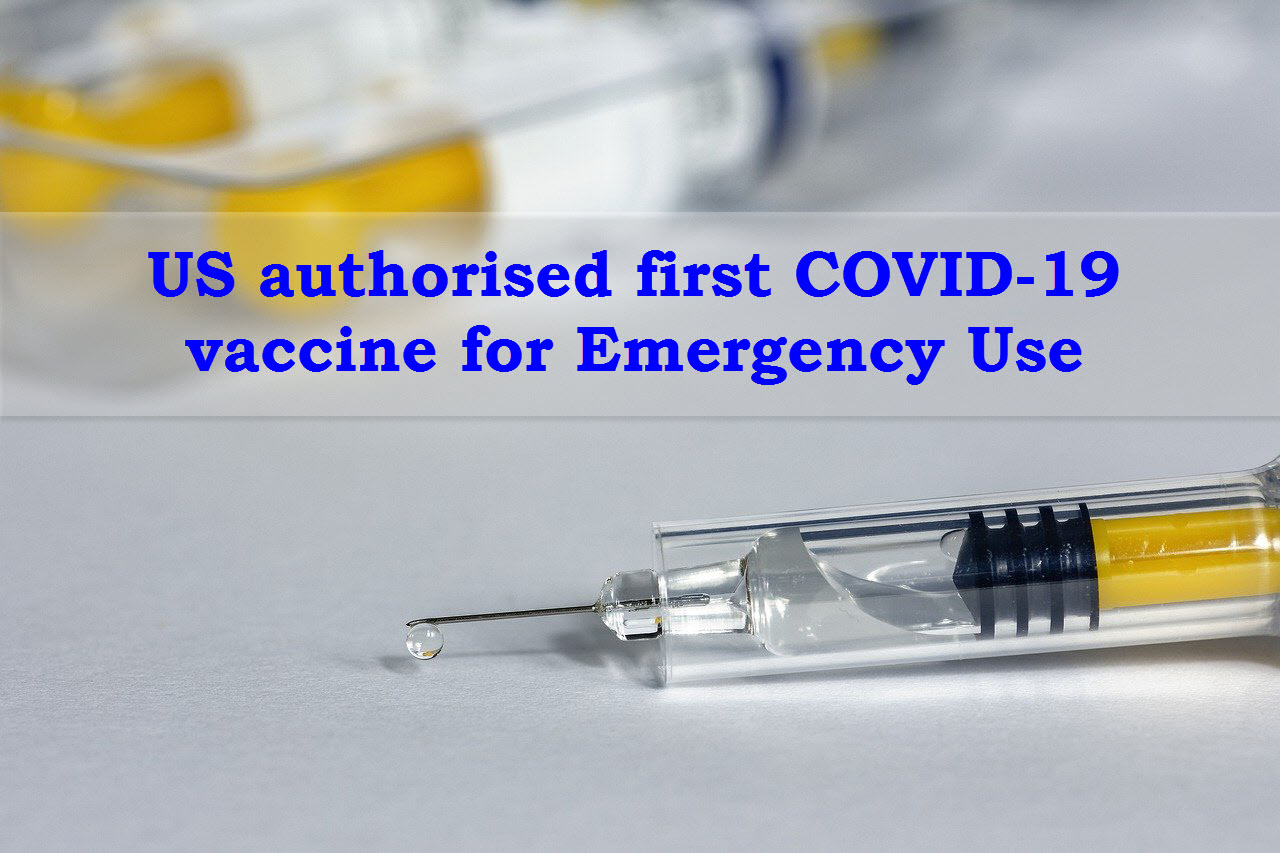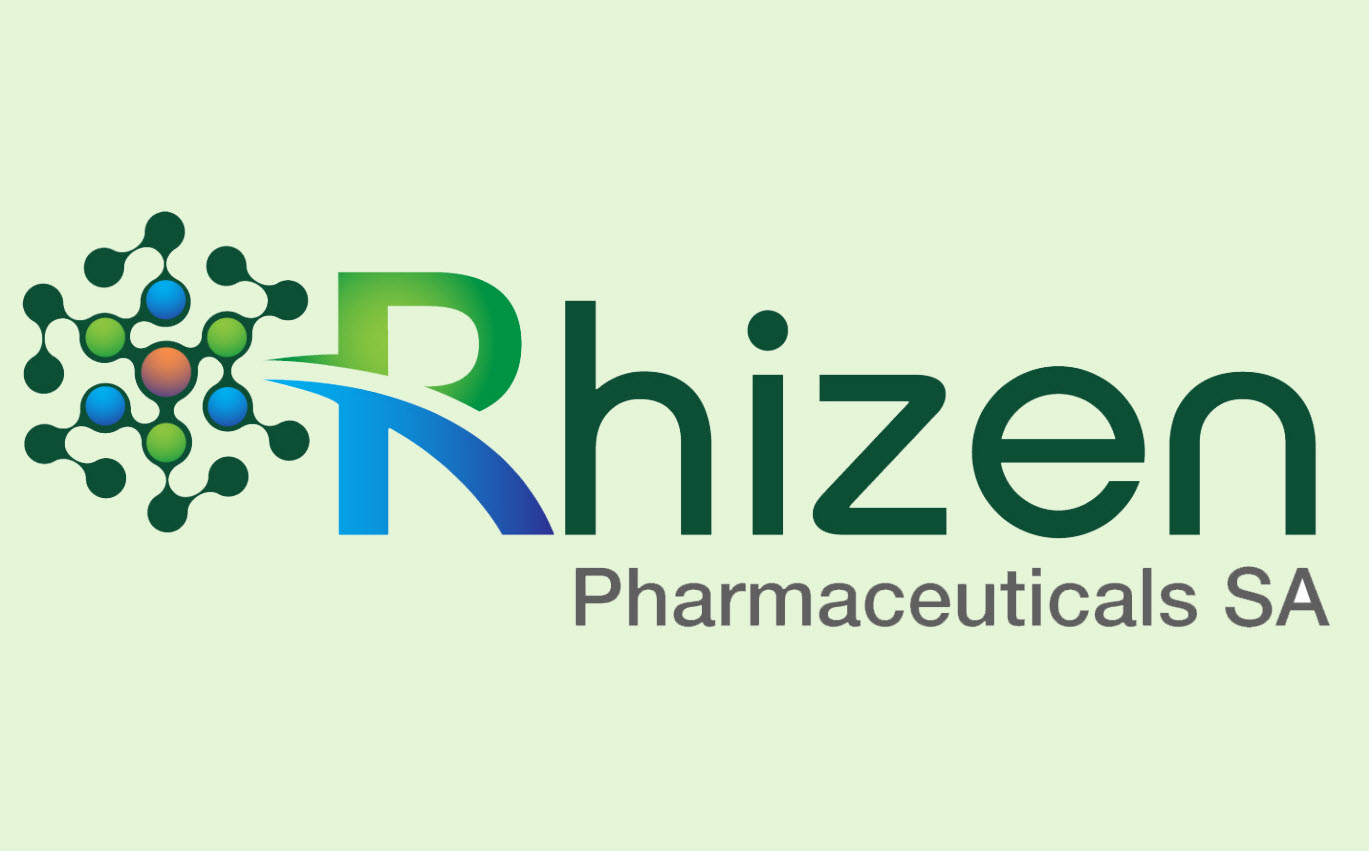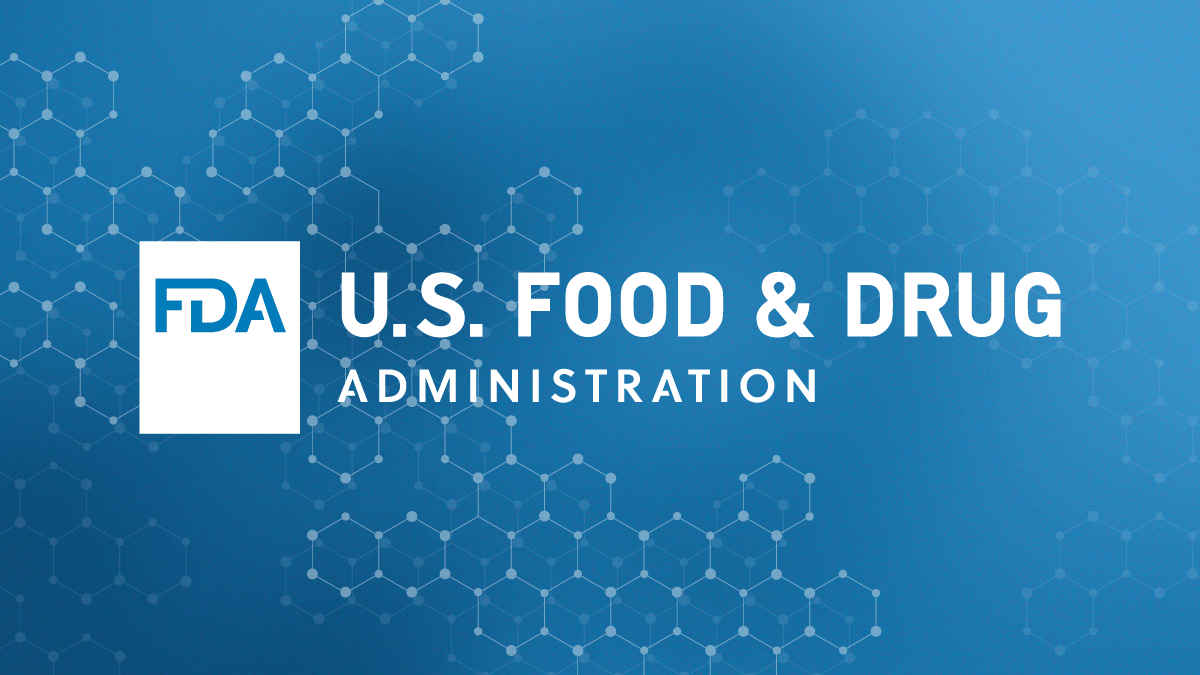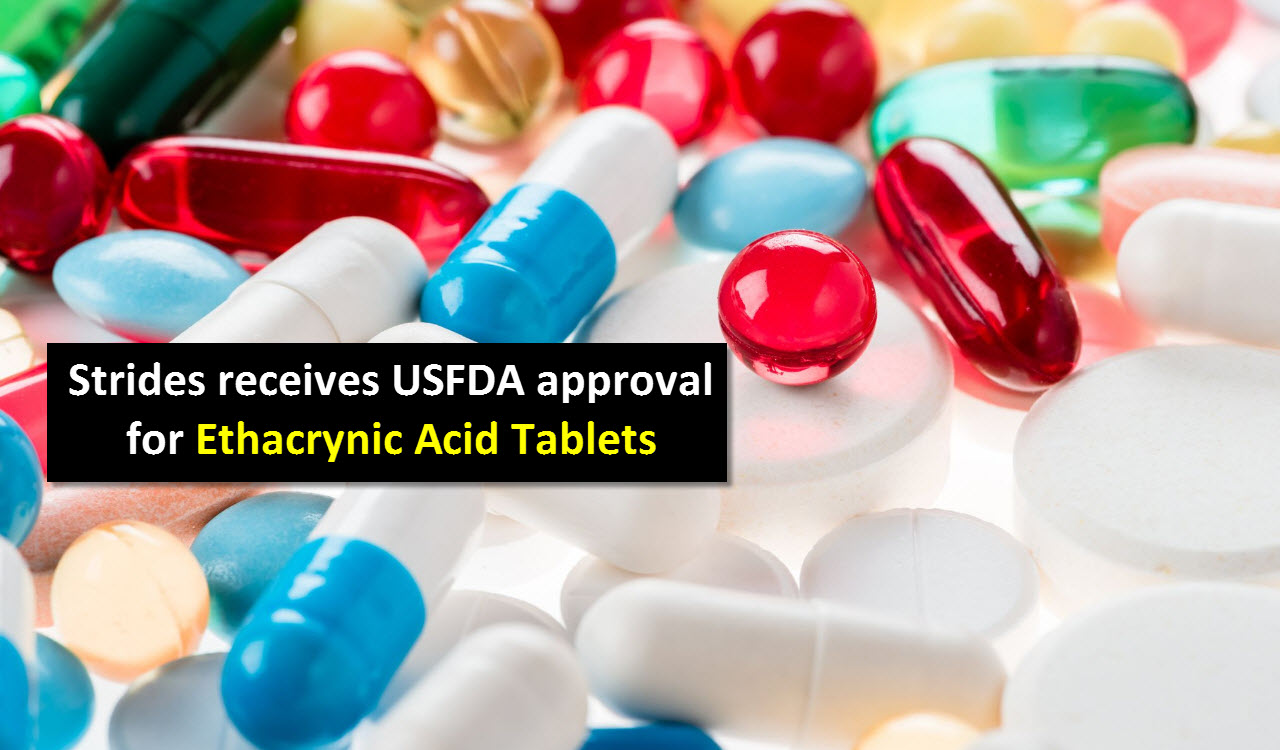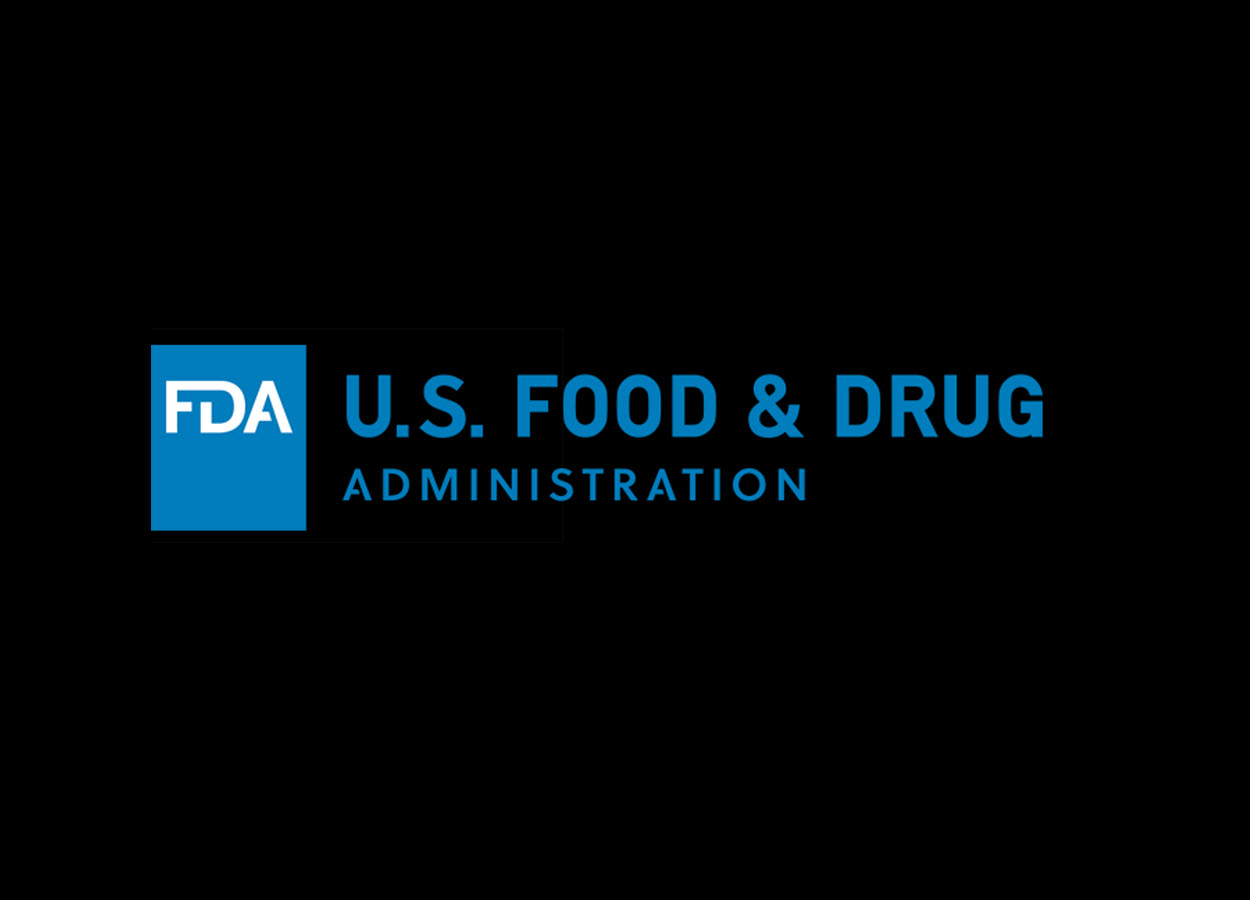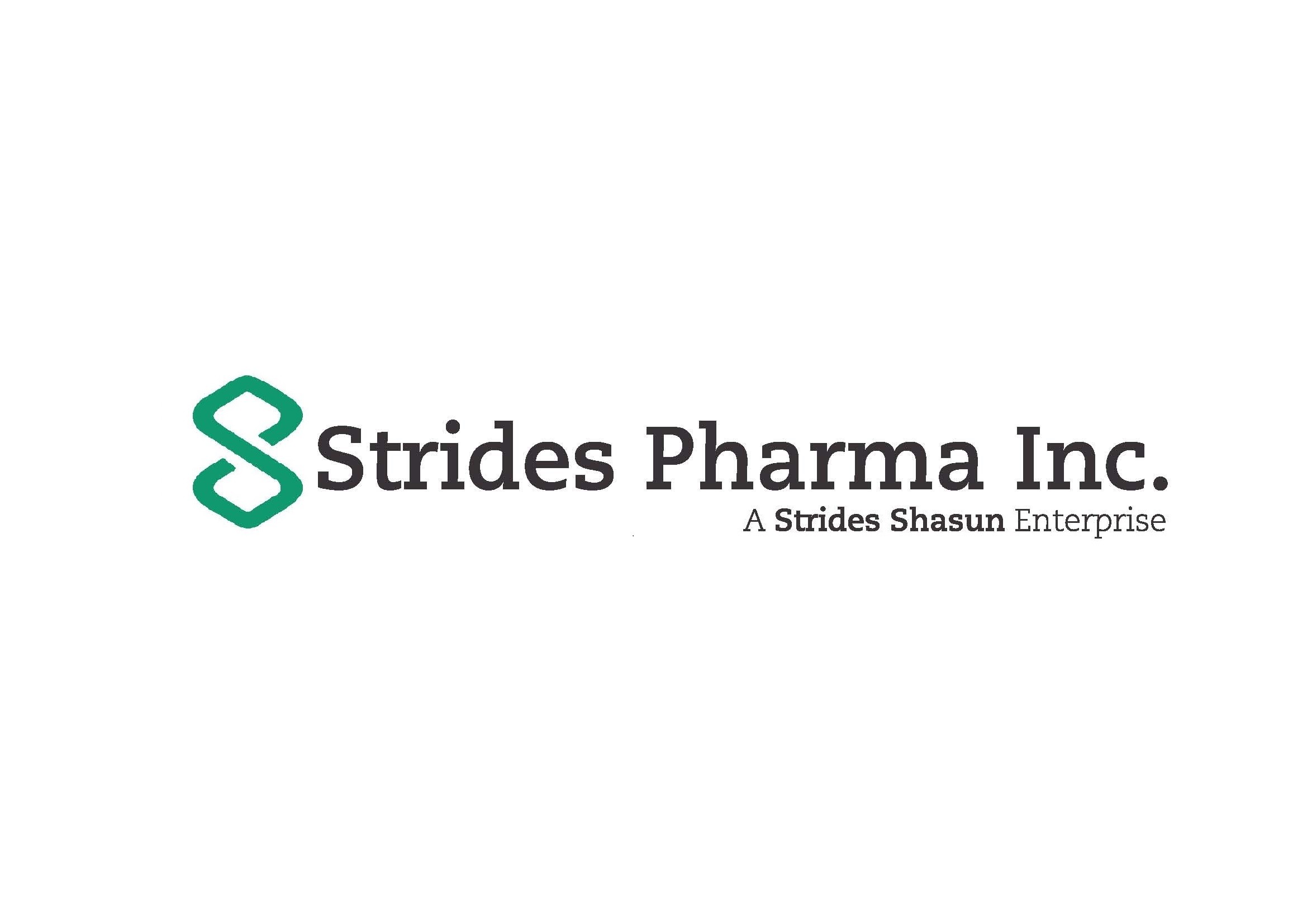Biocon Ltd an innovation-led global biopharmaceuticals company, announced that its subsidiary Biocon Biologics has received the Drugs Controller General of India’s (DCGI) approval for an extracorporeal blood purification (EBP) device CytoSorb® to reduce pro-inflammatory cytokines levels in confirmed COVID-19 patients admitted to the intensive care unit (ICU) with confirmed or imminent respiratory failure.
Biocon Biologics has been granted licence for emergency use of CytoSorb in public interest by the Indian health regulator to treat COVID-19 patients who are 18 years of age or older. The licence will be effective until control of the COVID-19 outbreak in the country.
Studies have shown that COVID-19 patients who develop serious complications experience a ‘cytokine storm,’ also known as Cytokine Release Syndrome (CRS), which leads to excessive inflammation, organ failure and death. The goal of CytoSorb therapy is to reduce cytokine storm and the deadly inflammatory response through blood purification so that this injury may be mitigated or prevented.
The Company has received approval from DCGI in Form MD-15 (Medical Device) for reducing pro-inflammatory cytokine levels in order to control the ‘cytokine storm’ and benefit COVID-19 patients who are in a critical condition.
Kiran Mazumdar-Shaw, Executive Chairperson, Biocon, said: “As a science-led organization, Biocon’s endeavour is to provide innovative solutions to patients to address their unmet needs. CytoSorb is an in-licensed unique device that reduces cytokine storm in critically ill patients and was introduced by Biocon in India in 2013.
Since then many patients undergoing organ transplant and sepsis treatment have benefitted from it. DCGI approval for emergency use of CytoSorb for critical COVID-19 patients is an important example of how industry and regulators are working in tandem to urgently provide physicians and patients with new treatment options in the fight against COVID-19. CytoSorb will be an important addition to the Indian medical community’s arsenal against the deadly coronavirus.”
With more than 80,000* documented active coronavirus infections and over 4,000* deaths, India needs new therapies to reduce the severity of this disease.
CytoSorb is plug-and-play compatible with the most commonly used blood purification machines or pumps in the ICU used to treat COVID-19 patients, including hemoperfusion, hemodialysis, continuous renal replacement therapy (CRRT), and extracorporeal membrane oxygenation (ECMO) machines.
In April, the U.S. Food and Drug Administration (FDA) granted Emergency Use Authorization (EUA) of CytoSorb for use in patients with COVID-19 infection.
<< Back to Pharma News
Subscribe to PharmaTutor News Alerts by Email



